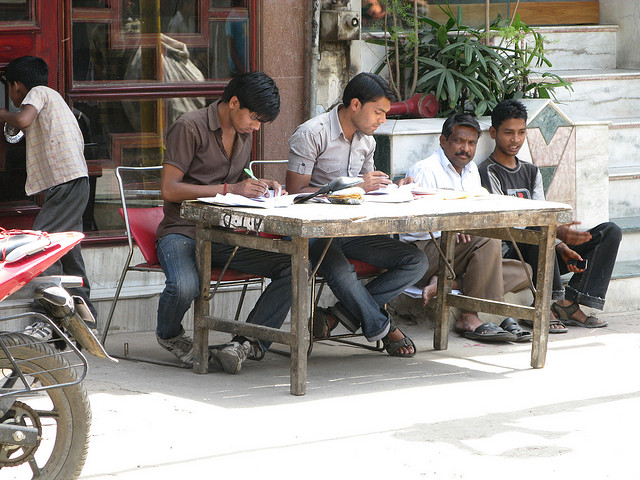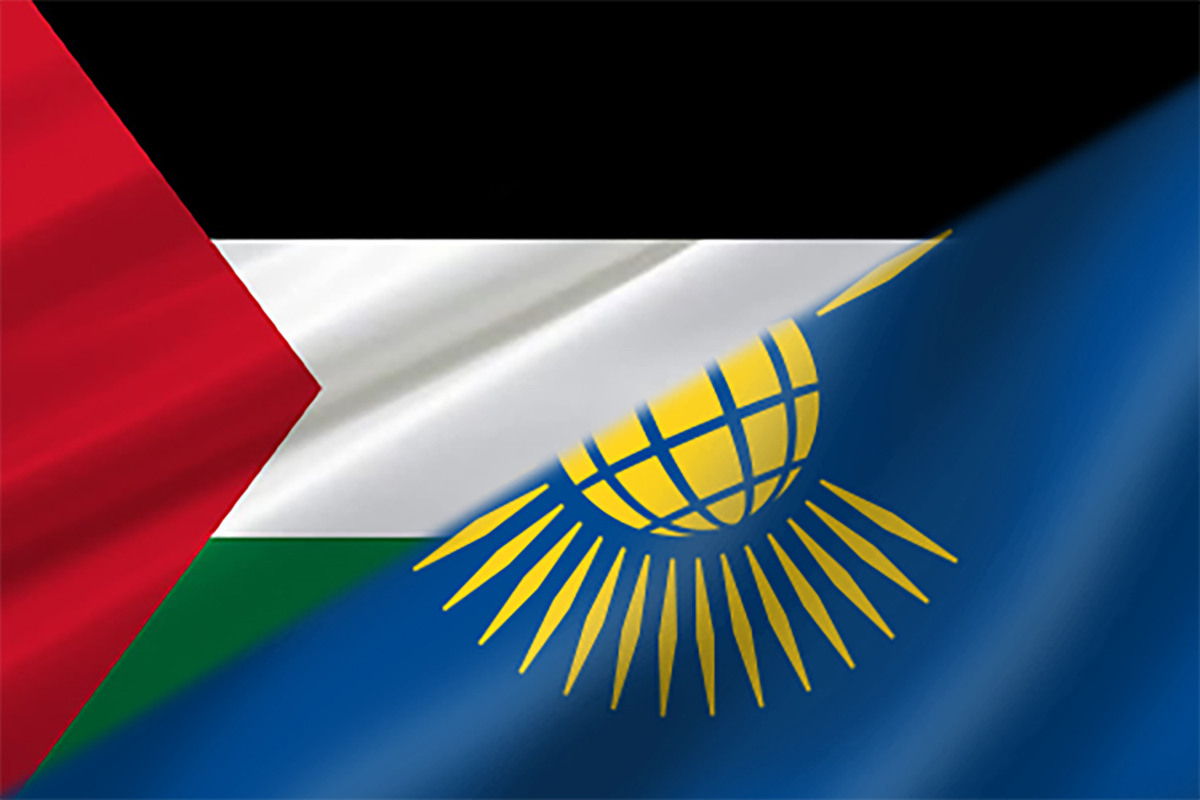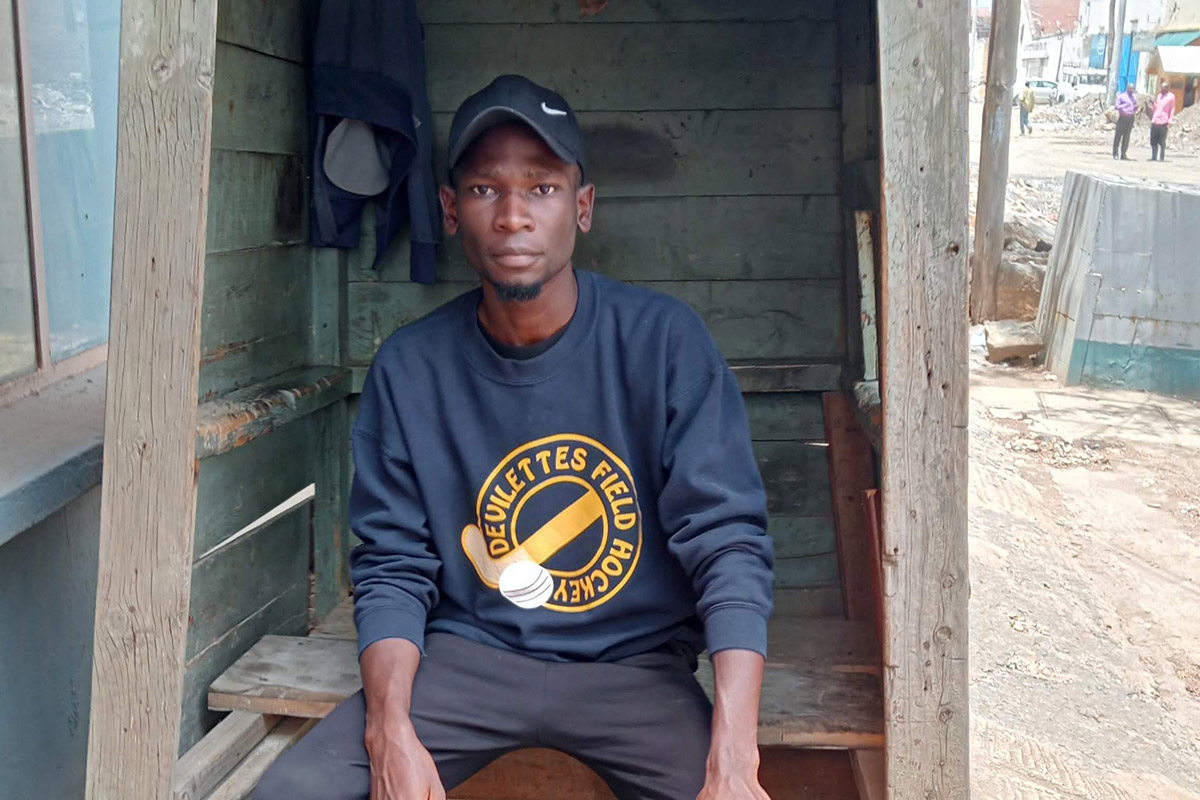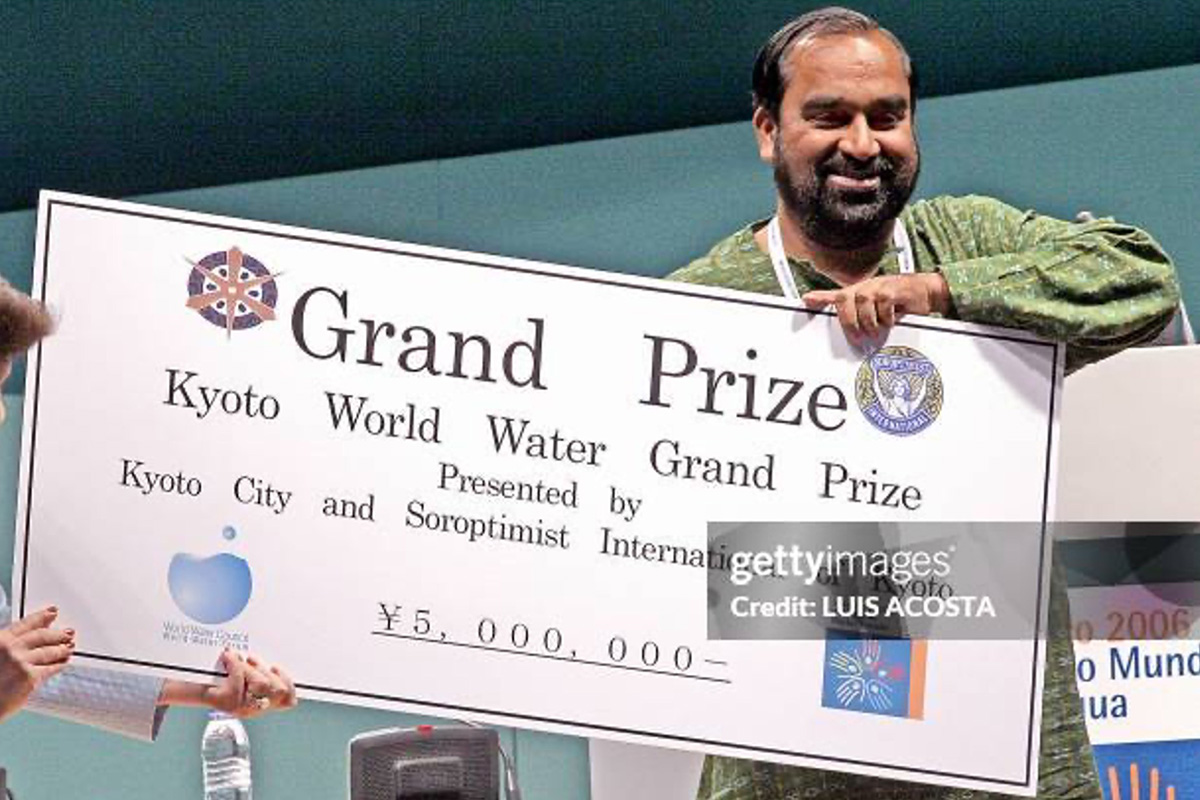"The role of youth in India's unique democracy"
April 30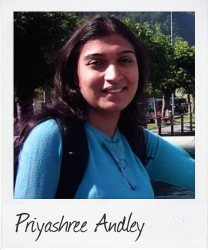 New voters have the opportunity to deeply influence India’s general election, argues Priyashree Andley, 30, a Correspondent from Delhi in India, as they use social media and debate to make leaders accountable for policy.
New voters have the opportunity to deeply influence India’s general election, argues Priyashree Andley, 30, a Correspondent from Delhi in India, as they use social media and debate to make leaders accountable for policy.
As India goes through its crucial General Elections 2014, quite a few unique developments are very evident. This year 150 million new voters have been added to the electoral list, and most of them are first time voters from the “youth circle” who are willing to act for change.
For the first time in India’s political history, this number has made the young voters a sizeable force to reckon with. The speeches of Rahul Gandhi (Congress), Narendra Modi (BJP) and Arvind Kejriwal (AAP) are being critically analysed by this group across the country. Be it promises of new jobs, setting up more post graduate institutes, or more scholarships and fellowships to study abroad, the political party manifestos are compared and scrutinized by young professionals and students holding debates and bringing candidates to answer questions related to how their party will implement these promises.
This large group of youth voters have made leaders answerable to them such that a political party’s victory will now depend on its accountability and not its ability to woo voters through illegal means.
In Bangalore, the IT hub of India, youngsters from diverse backgrounds like engineering, media and law participated in the Political Action Internship 2014 led by Prof. Rajeev Gowda, IIM Bangalore. The interns were exposed to election campaigns of the key parties in the state, door-to-door campaigns of leaders like Congress candidate Nanadan Nilekani, opinion poll surveys, manifesto analysis and interactions with experts from social media advertising, print media and urban development. Professors were also invited, sharing views on political systems in countries like Israel. The internship was concluded by mock elections including campaigning for the leader, manifestos, and voting with verification procedures and inked fingers. Prof. Gowda’s explanation of the history of state politics made the interns eager to change the perception of the educated middle class and their apathy towards the political system. They voted for the first time in a general election, representing the educated youth eager to join politics and make a difference.
Social media is emerging as an influential factor in voter perception. As Modi and Gandhi are trying to make their videos go viral, using 3D Holograms, Interactive Voice Response (IVR) and Youtube, the youth brigade is simultaneously tweeting for or against every remark aired. India’s 36 million Facebook users between the ages of 18 and 22 will vote for the first time. Their continuous counter check on candidates, researching profiles of leaders, corruption records and past achievement has put all parties in a taut situation as voters are exposed to the reality of party politics with no party being able to prove itself cleaner than the other.
Moreover, the youth brigade is concerned about the any new government’s plan to ensure economic growth and GDP increase. This will affect India’s economic and strategic ties with its key neighbours, China and Japan. In a global economy, the plan to develop the country will depend on the nature of “glocal” policies adopted by the party in power. Blame game politics will not help millions of youth get jobs. A pro business economy is the need of the hour to encourage national and foreign investment in economic, educational and health sectors that will improve national infrastructure and governance, creating more career opportunities.
The increased vigour of young voters is more likely to bring to the fore motivated candidates with national development aims, moving beyond the rhetoric of caste and religion. As citizens of a unique democracy with a multi cultured society, this election is bound to be a landmark in the political and economic history of India. However, this voter pool’s choice of the right leader and party that can play an ideal role of a game changer in Indian Politics has yet to be seen, as the final results will be out by mid-May 2014.
photo credit: artist in doing nothing via photopin cc
…………………………………………………………………………………………………………………
About me:
I trace my roots to Delhi, an old cultural hub of India. An International Relations Analyst, I am passionate about working on projects related to grassroot level development and societal transformation. I currently work as a Research Coordinator for Prof. MV Rajeev Gowda, AICC Spokesperson. I’m fluent in Hindi and English and love travelling to explore different cultures across the globe. My research on Jammu and Kashmir increased my eagerness to work with local populace and suggest sustainable solutions.
…………………………………………………………………………………………………………………
Opinions expressed in this article are those of the author and do not necessarily represent the views of the Commonwealth Youth Programme. Articles are published in a spirit of dialogue, respect and understanding. If you disagree, why not submit a response?
To learn more about becoming a Commonwealth Correspondent please visit: http://www.yourcommonwealth.org/submit-articles/commonwealthcorrespondents/
…………………………………………………………………………………………………………………
